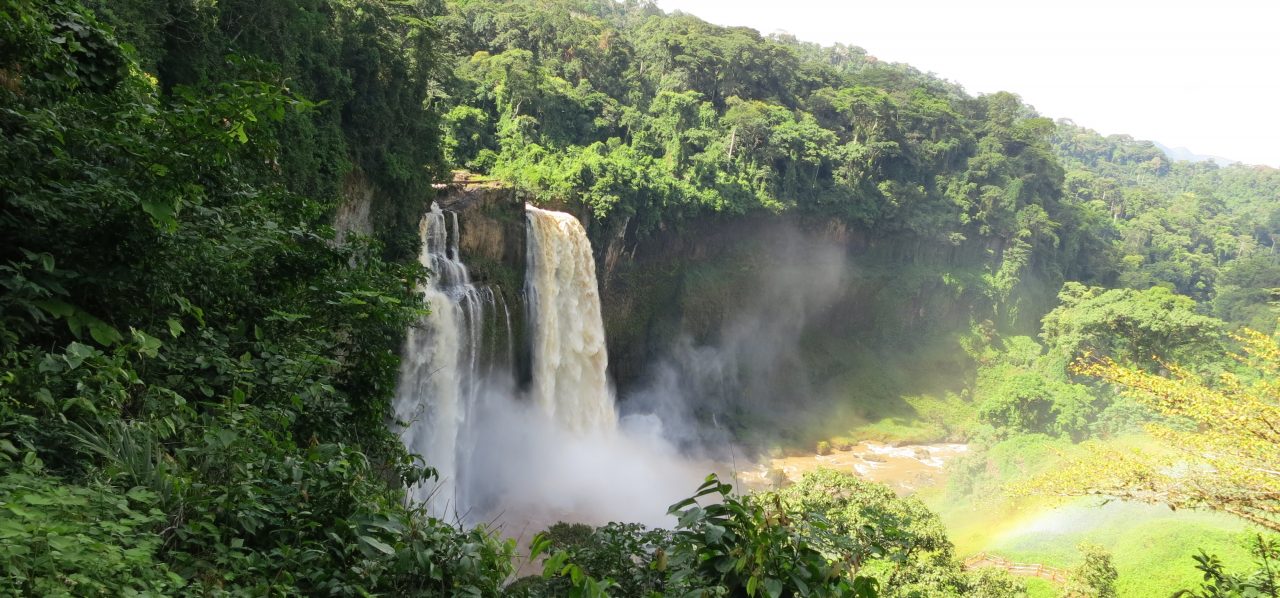
Yam is a staple food in many countries of Africa, particularly in West Africa. So it comes with a bit of surprise to those not versed in agriculture, that there will is work to protect yam. Why would yam need protection? and from what? Ivorian researcher Adjata Kamara is one of this year’s 20 L’Oreal Foundation laureates from sub-Saharan Africa; she won for her project on the development of post-harvest biopesticides for the protection of yam crops. At the Biopesticides unit of the University of Bingerville where she is a doctoral student, her research has determined that “soil-depleting” chemical pesticides and the harvesting methods of farmers who “injure the yam”, favored the rapid appearance of fungi that rot the plant and eventually make it unfit for consumption. Thus the urgency of developing natural pesticides. Kamara will receive 10,000 Euros for her work. Excerpts below are from AfricaNews. Enjoy!
====

Adjata Kamara is one of the 20 winners of the For women in science initiative of the L’Oréal Foundation and UNESCO, which aims to give visibility to women researchers worldwide.
The 25-year-old Ivorian was chosen for her work on biopesticides to protect yam crops, a root that is highly prized in sub-Saharan Africa.
Her passion for research stems from her childhood when her father’s mango crops were ravaged by fungi.
“It allows me to show my research to other women, to other countries and it puts a little pressure on me because I tell myself that now, I have to be a role model for young girls in science,” said Adjata.
Adjata explains that her goal is to develop “biopesticides based on plant extracts, fungi and beneficial bacteria,” in order to treat without chemicals this anomaly that disrupts the production of a plant that is the basis of staple food in several regions of Africa.
“I work on the development of biopesticides based on plant extracts, bacteria and also fungi. But these bacteria and fungi are said to be beneficial and so I’m trying to find methods to control the fungi that attack post-harvest yams,” …
… “From an early age, my father had a mango plantation. And this plantation was attacked by mushrooms, but at that time we did not know it. And as the years passed, there was a drop in production. And from then on, I wanted to know why these mangoes were being attacked (by fungi), and why production was falling. And it’s since then that I devoted myself to it and that I loved science,” said Adjata.


I haven’t thought about yams too much, but it’s great that there are people willing to make some progress in agriculture to protect them and other crops.
LikeLike
Yes indeed. Conservation of our crops is very beneficial
LikeLiked by 1 person
Absolutely!
LikeLike